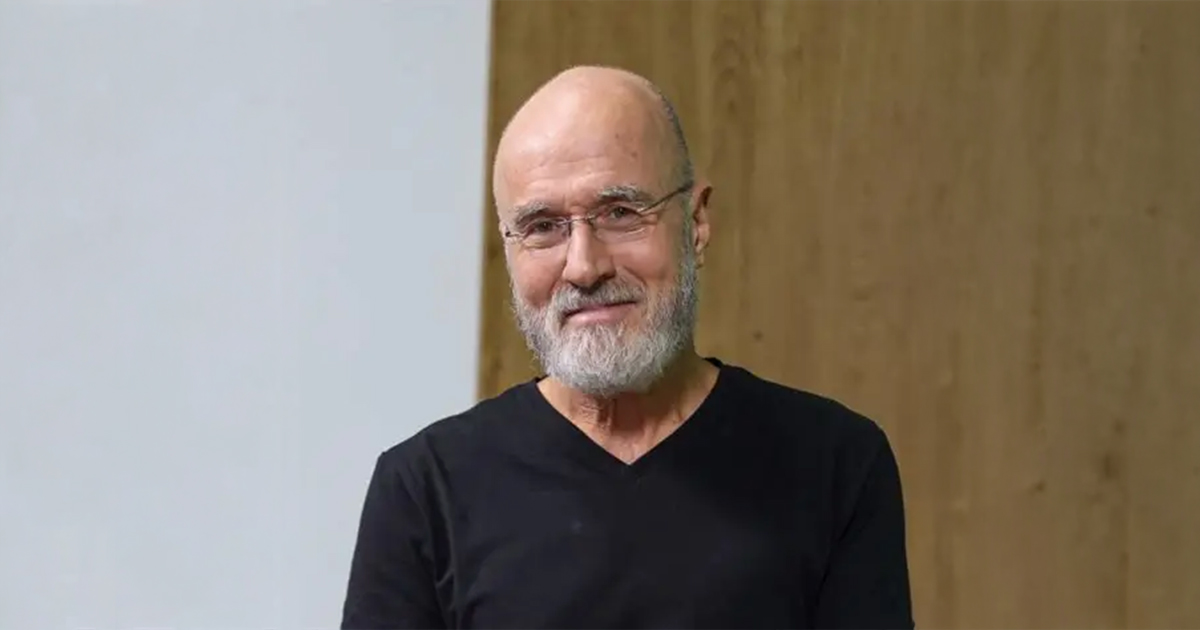How will you celebrate Women's History Month? After we take note of the many noteworthy women written out of history, let's explore ways to shift norms so women are recognized for their contributions to history in real time, every day. On March 4, Janice Kaplan — the New York Times bestselling author and former editor-in-chief of Parade magazine — joined Hadasash in New York City for a special evening celebrating women in a conversation tied to her new book, "The Genius of Women: From Overlooked to Changing the World."
"For most genius women over the centuries, the merging of talent and recognition never occurred, and the tragedy of their lost potential is the appalling price we pay for generations of sexism and repression." Yet sometimes against the odds, she writes,"the genius of women can't be stopped."
Hadassah: Of all the women featured, who's your favorite Jewish woman?
Janice Kaplan: I couldn't pick a favorite. But I was particularly struck by the story of Lise Meitner, who discovered nuclear fission and yet her lab partner, Otto Hahn, won the Nobel Prize — and she didn't.
She was a Viennese Jewish woman in Berlin in the 1930s. She made a phenomenal breakthrough and set the stage for nuclear energy and nuclear weapons, which she then refused to have any part of. She escaped from Germany late. A woman at the time when there were extraordinarily few women allowed into the university. She faced obstacle after obstacle.
We continue to face obstacles — more than we'd like to. We need structural change, and sometimes you need to figure out your way around things.
Fanny Mendoslsohn has a very dramatic story: she was a child prodigy, more talented than her brother Felix. At 12 she was receiving international attention. When she was 14, her father told her it was time to go home and get married. She did something: She created salons in her home, played in her home — she continued composing, publishing under her brother's name — many of the great lieder were actually written by Fanny Mendelssohn.
At Hadassah, we love seeing women in STEM (science, technology, engineering and medicine) getting more attention. How is the combination of technology and having more women at the helm changing things?
I think it does have an impact. We're scarcely aware of how profound the social pressures we face are and how influenced we are by them. As Mayim Bialik said, "You can't be what you can't see. If you have someone in that position, it becomes easier to say, 'I can do that, too.'"
So many of the women I interviewed, once they could do something, they were determined to do something to bring other women along. Often, it's about fighting the stereotype and fighting the deeply unconscious bias that affects all of us.
What else would you add?
I think it's important to realize that one of the reasons I wrote about genius is not just to celebrate women, but to look at all women and to realize the potential that gets wasted. It's happening every moment. I think it's so important to be aware of the subjective messages that we send to our daughters, the kind of separation we do sometimes. The more we can recognize this past, the more we know that we can change the world, and the better we are.
Learn more about Hadassah's Attorneys and Judges Council.
See our event pictures on Facebook.



.svg)





